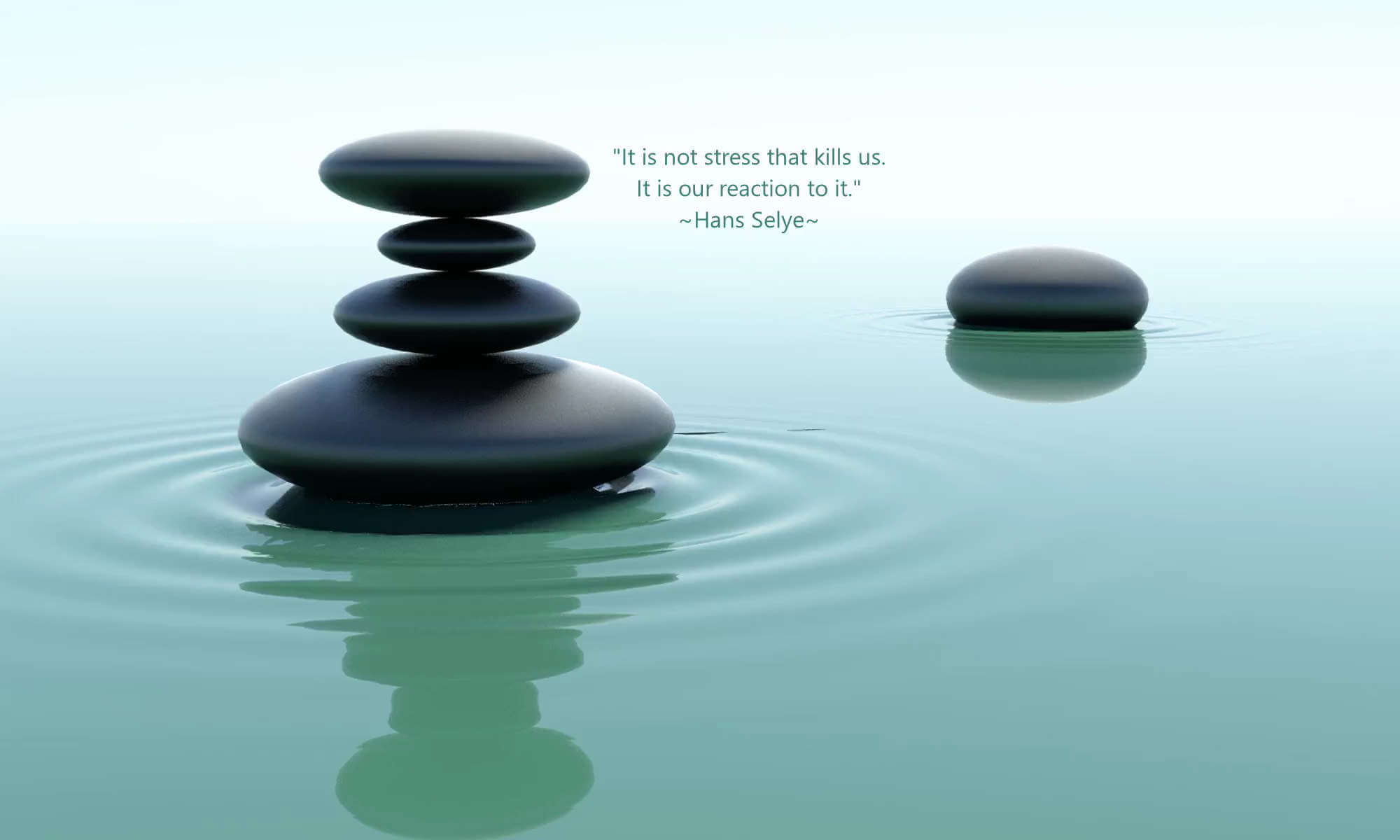Are you one of the 3.37 Million Australians in 2020 who are living with chronic pain? Chronic, or persistent, pain is pain that has been ongoing beyond the time when the body should have healed (usually around 3 months) and can become a disease in its own right. Ongoing pain can be extremely debilitating and result in a cycle of increased anxiety, irritability, frustration, depression, anger and guilt, which in turn exacerbates pain levels. Chronic pain can impact on many areas of life including mental health, relationships, sleep, work, productivity, recreation and more.
Some facts about chronic pain (from Pain Australia):
- 44.6% of patients living with chronic pain also experience depression or anxiety
- Suicide is reported to be two to three times higher in those suffering chronic pain compared to the general population.
- High rates of generalised anxiety disorder, post-traumatic stress disorder and substance misuse are also reported in people with chronic pain.
- In 2017-18, 823 Australians are believed to have lost their lives as a result of prescription opioid misuse.
Psychological treatment of chronic pain can assist in a wide range of issues, including:
- Psycho-education – understanding pain and the impact on mental health and life.
- Adjustment to pain/injury – working toward acceptance of the pain and the changes that have occurred as well as adapting social, household and work routines to reduce exacerbation of pain.
- Pain management skills.
- Sleep hygiene – developing skills and routines to assist with sleep.
- Relaxation and mindfulness skills – can reduce tension in the body and perception of pain.
- Changing negative thinking patterns – negative thoughts can result in increased stress and anxiety and feed the pain cycle.
- Managing stress, anxiety and depression using a variety of tools and strategies.
- Improving self-worth – chronic pain often results in reduced capacity which can result in lower self-esteem.
- Increasing support network – this has been found to be an important factor in improving outcomes in pain management and mental health.
- Work and career planning – developing return to work plans, exploring alternative careers or activities.
Pain management works best if a team approach is taken which addresses the physical body, the social environment, and the psychological impact of pain. Working with a psychologist on the areas above, in conjunction with a medical professional (GP or pain management specialist) for medication and injury/disease management, as well as a physiotherapist, occupational therapist or exercise physiologist for enhanced physical coping, can result in optimal pain management and adjustment.
Resources
Australian Pain Management Association – https://www.painmanagement.org.au/
Pain Australia – https://www.painaustralia.org.au/
Pain Management Network – https://www.aci.health.nsw.gov.au/chronic-pain/chronic-pain
